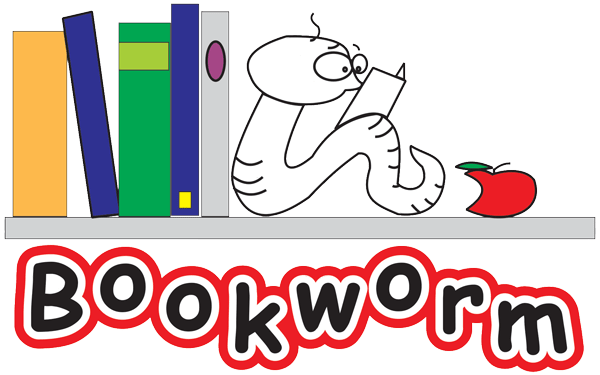There is research evidence that a sense of structure of stories has a powerful impact on individuals’ expectations while reading stories, the processing of stories, retention and reproduction of content of stories. In brief, understanding story structure more thoroughly appears to help comprehension as well as writing.
Both very valuable outcomes desired by the library program and made more desirable in schools where language learning is critical.
Towards this end, this year, this term, we are working on making structure explicit for all students through work on a Story Web. The Web is rather simple at this stage, drawing on basic components in the story and making explicit what may be implicit for good readers. The reports already suggest that students are very eager to demonstrate the ‘knowing’ at the end of a story and are excited to come up to the Story Web chart and write on it. For a school based program this is an important tool, because it not only allows us a quick assessment of story comprehension, it also reinforces expression and for many children provides them with this opportunity to record in their words/ their handwriting on a classroom display that lasts the week.
I was recently labelled as someone who is determined to work with the system. This I have to admit was not meant in a form of praise or flattery but rather in the tone of one who is blowing against the fast moving clouds on a windy day. But, as I keep blowing against the clouds or other forces, I find small measures reaping big rewards. The Story Web has been one such measure that has children actively retelling the critical parts of the story structure so that we can then move on to more nuanced comprehension and reflection from stories.
In this week, I took the web into individual work. I asked the very active and energetic students of Std 6, Adarsh V V High School to each read a book during their library class. Books were of course pre selected and graded to provide a multiple ability group ( of 6 students each) a choice of stories. After a time bound reading time, each child was asked to reproduce the basic web and input their own story structures within. This was absorbed with a great deal of attention and an almost surreal quiet descended into the library room. It made me reflect on why teachers are attracted to written assessments. The form itself makes such high demands on cognition that a altered state of quiet emerges.
This being a Bookworm class however, talk continues to dominate and within a few minutes I had children , mostly boys come up to me to ask for help and support. The nature of these questions warrant reflection. They can be classified into 3 types ;
1. Check – Check
Checking / reassuring – the student asks and answers his / her own question but wants to know they are on track before proceeding.
2. Pray Tell
Seeking clarifications – the student genuinely does not know and needs a prompt or a clue or an example and sometimes even the answer to move ahead
3. I Pass
Giving up is not hard to do – the student is mind blocked and won’t even begin to attempt.
I proceeded to sit with group 3, which began with 2 boys, one who was handicapped with a broken wrist but as I scribed I realised also handicapped by language. Another who needs support in the class, but soon, I had 4 – 5 children get up from their own groups and begin to sit around me. We moved from book to book, question to question – checking, telling but refusing to pass. I managed to work with 6 boys in this way, while 40+ students worked independently ( or so I hope) on the task.
I realise that what one is attempting to do is in fact, blowing against the wind. The primary objective of the library program is to build relationships with stories and books. However this act requires some hard ware, some skills and in the absence of that, we must continue to perform this tight-rope act of keeping stories alive while also support literacy skills and one approach is to work with the grammar of stories and build comprehension and expression in due time.




